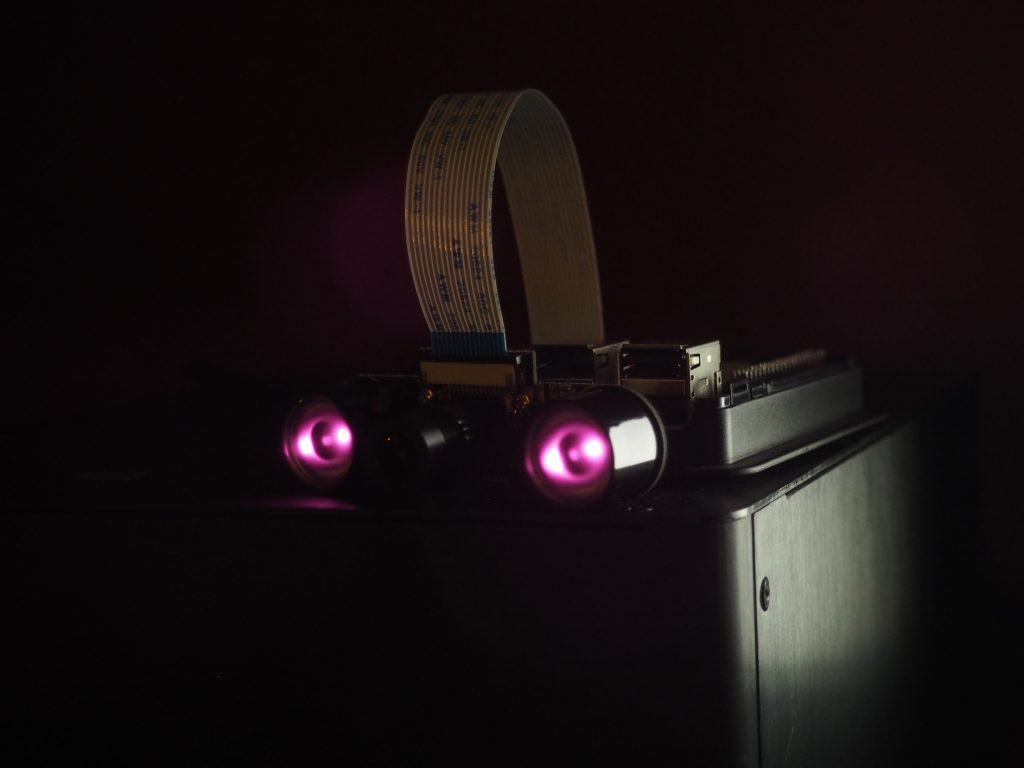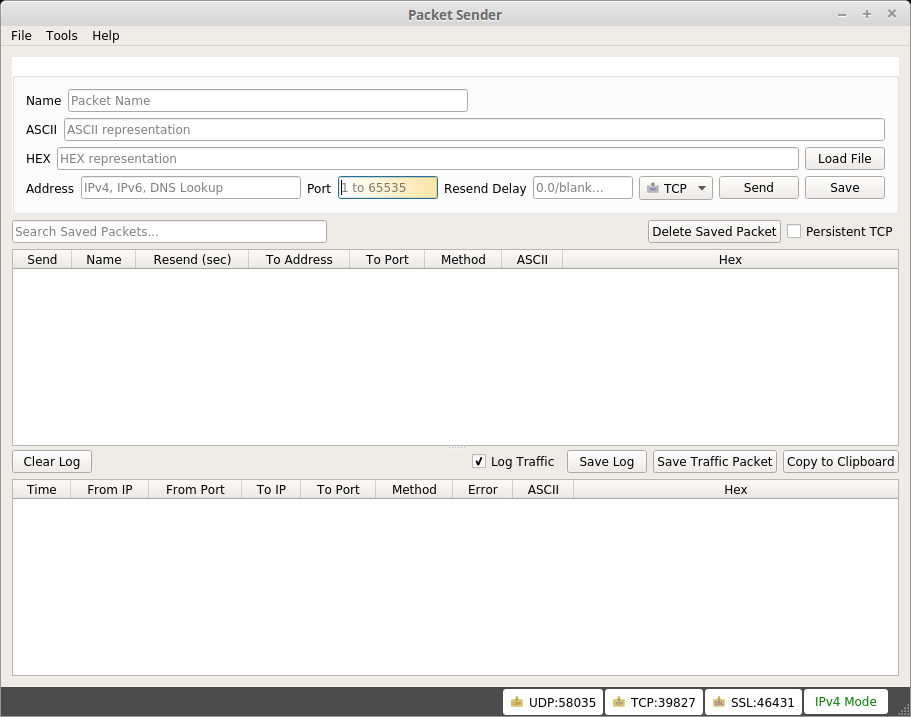Bash
find the fattest files of certain type
|
1 |
$ find . -name "*.LSimg" -exec ls -al {} \; | sort -nr -k5 >> listOfFattestFiles.txt |
creates something like
|
1 2 3 4 |
-rw-r--r-- 1 mpe 1049089 323707001 Mai 29 2018 ./a.LSimg -rw-r--r-- 1 mpe 1049089 21342433 Mai 29 2018 ./b/c.LSimg -rw-r--r-- 1 mpe 1049089 21342432 Mai 29 2018 ./e.LSimg .. |
Fix whitespace
Sometimes there is too much whitespace and tabs in my last commit.
In former times I used a VisualStudio-plugin, but this is not helpful there. So I wrote a small script (see on my github) which:
• replaces all tabs with four spaces
• removes all trailing whitespace
• converts line-endings to CRLF
I invoke it on the list of all changes files in my last commit in the git-repo with:
|
1 |
$ git diff --name-only HEAD~1 HEAD | xargs -L1 ../removeTrailing.sh |
(first part gives you a list of changed files and then feeds it to the script for execution)
Overview of author-activities for the git-repo
If some ‘sophisiticated’ tool like git-stats is too cumbersome to configure, just do some git-log and shell-magic:
|
1 2 3 4 5 6 7 |
$ git log --format='%aN' | sort | uniq -c | sort 4 Hans Wurst 6 Klaus Blume 6 Bernd Meier 26 Marcel Petrick 32 Ali Baba 37 Linus Torvalds |
Ok, just noticed that git has something built-in:
|
1 |
$ git shortlog -sn |
from: https://coderwall.com/p/pek-yg/git-statistics-for-repo-per-author – Thanks Marcin Olichwirowicz!
keep the catcam up to date
Logging in to the raspberry(ies) to update them on a regular basis takes time and effort. Both are currently dear.
Also: while the catcam is taking pictures, you can’t update the rpi-binaries.
So I made this nice script, which first suspends the catcam-operation while renaming the script from the cronjob, then does all updates, reverts the renaming and then reboots the MCU.
|
1 2 3 4 5 6 7 8 9 10 11 |
#!/usr/bin/env bash # author: Marcel Petrick (mail@marcelpetrick.it) mv /home/pi/Desktop/webcam/regulargif.sh /home/pi/Desktop/webcam/regulargif.sh1 sudo rpi-update sudo apt-fast update && sudo apt-fast dist-upgrade -y sudo apt-get autoclean sudo apt-get autoremove mv /home/pi/Desktop/webcam/regulargif.sh1 /home/pi/Desktop/webcam/regulargif.sh sudo reboot |
Make it executeable via ‘sudo chmod +X updateCatcam.sh’ and also add it as cronjob (once a day).
rsync: get all files from the camera’s sd-card .. without interruption
|
1 |
rsync -avzr --progress /media/tanteedith/4C26-6BEF/DCIM/ /home/tanteedith/digikamArchive/ |
Of course, you need the same source- and target-directory 😉
Using this, because Nautilus (or how that horrible explorer is called) is prone to auto-unmounting the card while transfer due to heavy load ..
Catcam upgraded!
Finally! The old catcam-setup of a RPi 3 with a NoIR v2.1-camera was working for almost one and ahalf years without any issues. I’ve had improved the PiCamGifForTumblr-script several times, also changed location – never any issues. More than 40.000 GIF were uploaded.
But then I decided to buy a new, fancy case in black (of course) which should add some camera-support. And then two weeks afterwards it stopped working. Sporadically frozen. Sometimes 10 min after start, sometimes during the night. I checked the casing, if all power connectors were tightly fit, I installed netdata on it, I did longterm temperature-measurements (never over 54 °C even with closed case), I ran with minimal setup or with cam attached.
Then it became clearer: the camera was working for singleshot-mode, but for the 30 pictures every ten minutes, it broke. So, it was time to order a new camera, 1080p (5 MPixel) were enough, but for four more Euro I could get two IR-illuminators … so, why not? The focal distance of the objective is adjustable, it looks like it works (long time-test needed). But I am happy. And we can watch cats (and family) in darkness :3
tracking bugs in complex systems ..
Some weeks ago I’ve replaced the case of the ‘catcam’. A Raspberry Pi 3 which was running for 1.5 years without interruption with the nice script & python-upload triggered by a cronjob. And now the device freezes. Still running, but neither accessible via SSH nor VNC (of course, if SSH is not working ..).
I left the case open; removed the camera; upgraded kernel and Raspbian: nothing helped.
My last guess is that the camera stopped working. But to be sure I want to let the RPi3 long-time with temperature-logging. So … we need a simple program:
|
1 2 3 4 5 6 7 8 9 10 |
import os import time def measure_temp(): temp = os.popen("vcgencmd measure_temp").readline() return (temp.replace("temp=","")) while True: print(time.ctime() + " ## " + measure_temp()) time.sleep(1) |
executed like this, because else the output is buffered up to 4 or 8 kByte:
|
1 |
$ stdbuf -oL python temperature.py > worstLoggingEver.txt |
and the content of the textfile is something like:
|
1 2 |
Tue Mar 6 22:52:59 2018 ## 51.5'C Tue Mar 6 22:53:00 2018 ## 52.1'C |
backup your Raspberry Pi-sd card
|
1 2 3 4 5 6 7 8 9 10 11 12 13 14 15 16 17 18 19 20 |
tanteedith@miniPC ~/ $ lsblk NAME MAJ:MIN RM SIZE RO TYPE MOUNTPOINT sdb 8:16 1 29G 0 disk ├─sdb2 8:18 1 1K 0 part ├─sdb7 8:23 1 27,3G 0 part /media/tanteedith/root ├─sdb5 8:21 1 32M 0 part /media/tanteedith/SETTINGS ├─sdb1 8:17 1 1,1G 0 part ├─sdb8 8:24 1 512M 0 part /media/tanteedith/data └─sdb6 8:22 1 66M 0 part /media/tanteedith/boot sda 8:0 0 119,2G 0 disk ├─sda2 8:2 0 7,7G 0 part [SWAP] ├─sda3 8:3 0 81,1G 0 part /home └─sda1 8:1 0 30,5G 0 part / tanteedith@miniPC ~/ $ sudo dd bs=4M if=/dev/sdb of=catcam.img 7416+0 records in 7416+0 records out 31104958464 bytes (31 GB) copied, 2794,33 s, 11,1 MB/s tanteedith@miniPC ~/ $ |
Newer versions (8.24+) of coreutils dd have also a progress-option, but not the one bundled with the current distribution ..
add param: “status=progress”
Need to fake some incoming packets?
Try Packet Sender (available for all major OS: I used the portable version for Windows as well as the AppImage for Linux (I love that AppImage-idea. Already the third OSS which was packaged like this instead of a *.deb or as pure source ..)) to emulate the sending of some UDP-datagrams to test one of my programs. And it works really neatly.
You’ve got a tidy window with some textfields for receiver, type and content, a “fire away”-button, some repeat-ability. Nice!
On the receiving end we all know Wireshark. But the emulation was (at least to me) before some big black hole.
Yes, I know, there would be as well sendip. But at work I barely could make a Cygwin work. Not to speak about some dynamic “oh, I load more packages on the fly from the internet”-possibility, meh.
But for those interested: short tutorial for sendip.
clean my code: reloaded!
As always: some projects need a first (working) implementation and then over time you can improve them.
During lunch I was talking with a colleague about this tool. Then the idea to just use those actually changed files from the current implementation (means: the current branch in Git) shall be used as input. Et voila: consider it done!
Also added some fine-tuning to the call-parameter of the script itself, so it can be run as well with some custom string beside “todoM” (which is my marker).
Cleaning an implementation of properly tagged lines takes now a second – not minutes (like before!
Enjoy and have fun 🙂
Code can be found as always at https://github.com/marcelpetrick/cleanMyCode/blob/master/remove_todoM.sh


